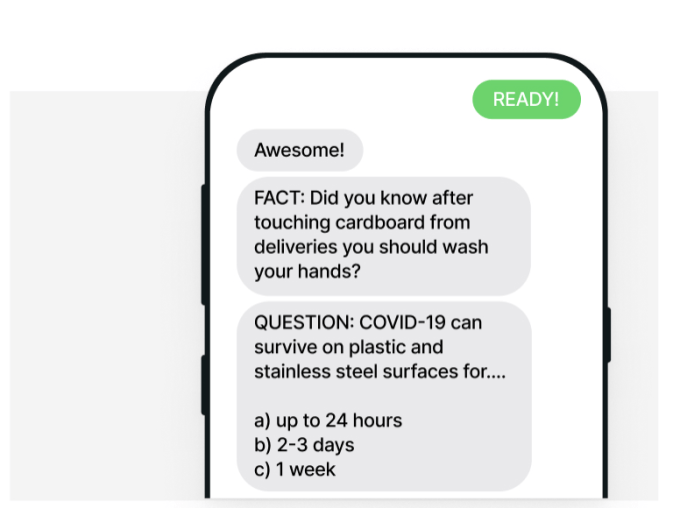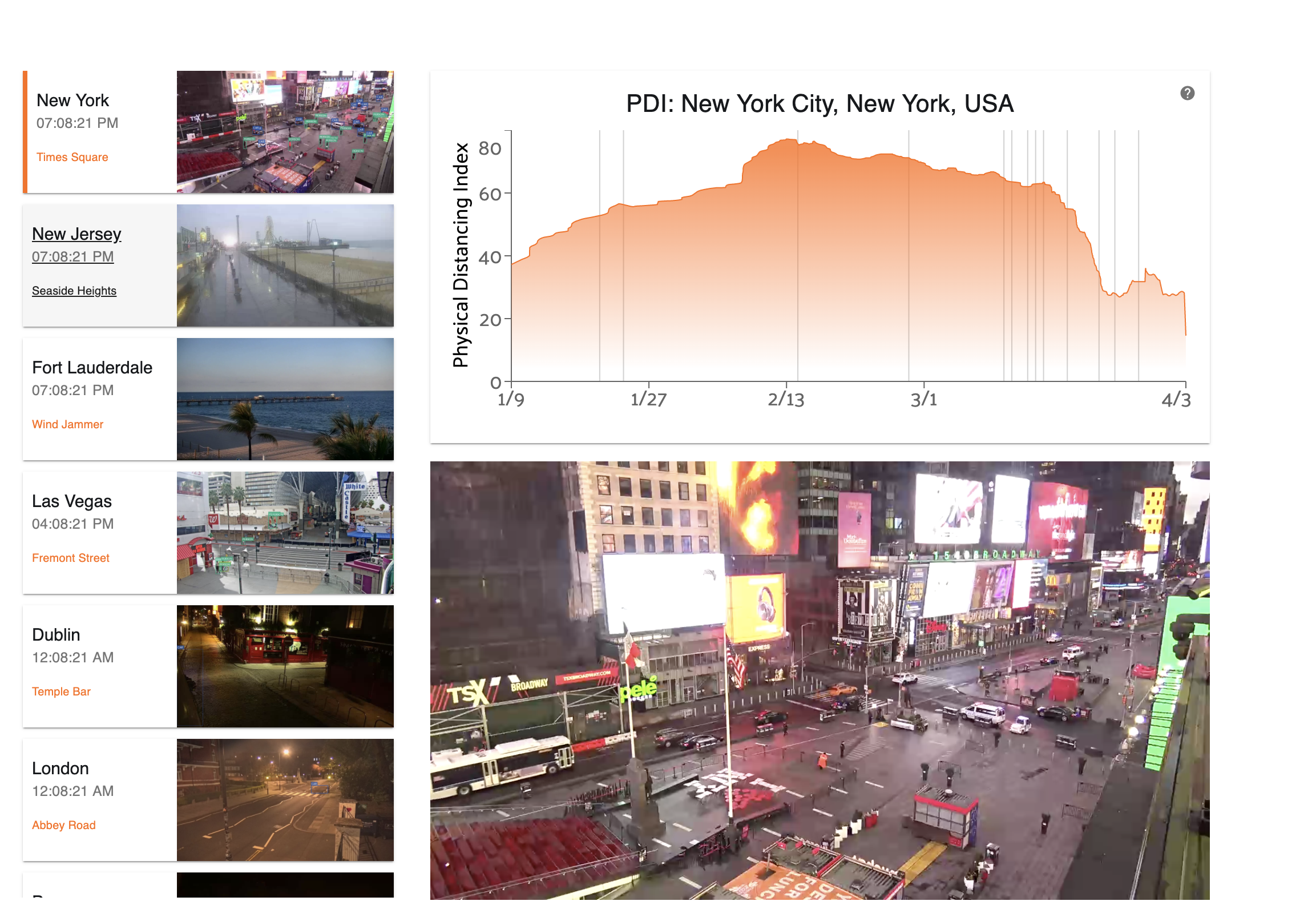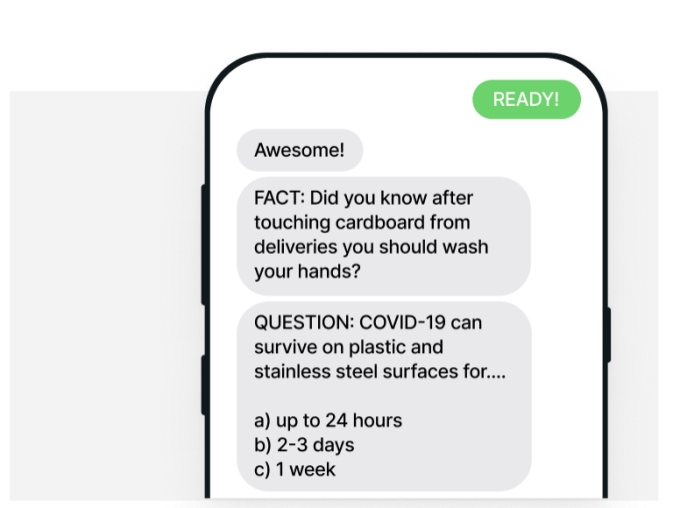What do a heating filter company, a robotics startup and an architecture startup have in common? Usually, nothing. But right now, as COVID-19 sweeps the world and jeopardizes the lives of millions, companies are shifting operations to make N95 masks and ventilators for healthcare workers.
The innovation coming out of the startup world has been breathtaking, and, quite honestly, hard to keep up with. It feels like everyone in Silicon Valley and beyond is rising to the challenge, even if they don’t have pockets as deep as Amazon and Google.
So, for a drop of good news and hope at least once a week, we’re rounding up some of the startup efforts we’re seeing to combat the impact of COVID-19. This isn’t a place where we’ll be analyzing startups working on proposed cures (you can check out Darrell’s tireless work for that). Instead, we’ll look at the unique ways that companies are trying to make us feel less lonely and unpack how tech is answering the questions we’re starting to ask ourselves.
Stopcovid.co
The founder of Managed by Q, Dan Teran, has teamed up with training services startup ESLWorks to text message the latest coronavirus updates to front-line workers in real time. The Stopcovid.co initiative targets workers who may not have the support of a big organization but still need to follow the health recommendations of the CDC. The messages are sent via WhatsApp and text message so users who are not digitally apt can access the information with ease. When I caught up with Teran, he said that, “I don’t want to characterize the population we’re trying to reach, but if I were a delivery driver for 12 to 14 hours a day trying to put food on the table, I’m probably not up to date on the virus and how it spreads.”

Cornell Tech Clinic
Cornell Tech Clinic is helping domestic violence survivors get support during a time when individuals are forced to stay inside and rely on virtual communities. The clinic launched a remote program to give advice to abuse survivors who are worried that their partners are using technology to abuse them, whether that is cyberstalking or monitoring every call or chat. The new program will include how to best get in touch with a case worker remotely, how-to guides for self help and a research study on how to aid those experiencing tech abuse.
S’More and Hopeline
Dating app S’More, which helps users connect beyond physical appearance, is teaming up with a mental health crisis prevention hotline Hopeline to raise money. The campaign, called “social distancing is not emotional distancing,” will make a $1 donation to Hopeline for every person who starts a conversation on S’More.
Procore construction management
Procore, a construction management software developer, is giving customers free access to its software for projects being built for COVID-19-related emergency relief products. The hope is to support the construction industry in flipping hotels, convention centers and more into emergency medical facilities, sans the extra money for software.
Wize tutoring platform
Wize, piggybacking off of a slew of edtech companies offering freebies, is making its tutoring platform for free until the end of the school year. Students who have felt the impact of their school or university shutting down can access a library of exam or test preparation materials.
Springboard career coaching
Edtech startup Springboard is offering a weekly career coaching seminar for free to help job seekers prepare for a “post-pandemic economy.” The AMA will be held every Wednesday, starting April 1 from 12:30 to 1:30pm PST.
Voxel51
Voxel51 is using live, pre-existing cameras to track how preventative measures are being followed around the world. It uses artificial intelligence to give a window into social activity in popular public spaces, and “scores” areas based on social behaviors. It’s a way to track how much people are listening to public health recommendations.

Tech Manitoba and Computers for Schools
When Tech Manitoba, a local nonprofit in Canada, had only eight refurbished computers for the 150 families in need, it knew it needed a bigger solution. Tech Manitoba teamed up with Computers for Schools and is now gifting 200 refurbished, sanitized computers to those in need.
One Planet prayer chain
One Planet, a venture firm, started a global prayer chain. The site, LightUpTheWorld.org, lets people from all over the world post prayers and reflections focused on health and optimism. When you go to the site, the prayer you see is being written and posted in real time by the author.
Stilt low-interest loan
Stilt is a tech startup that claims it gives low-interest loans to immigrants to help them build credit based on requirements beyond Social Security number and credit history. It is offering its customers who are hourly workers, and make less than $45,000 a year, an immediate freeze on interest for payments and a forbearance — which is a delay on foreclosure — for two months.














